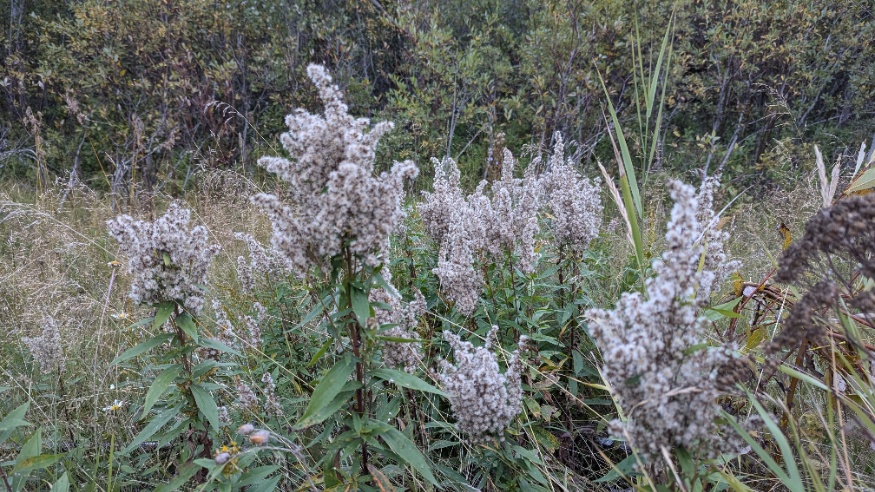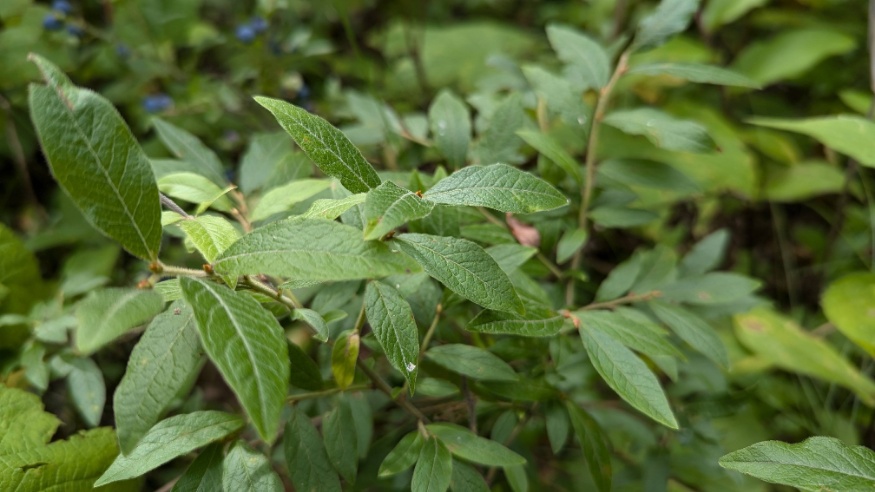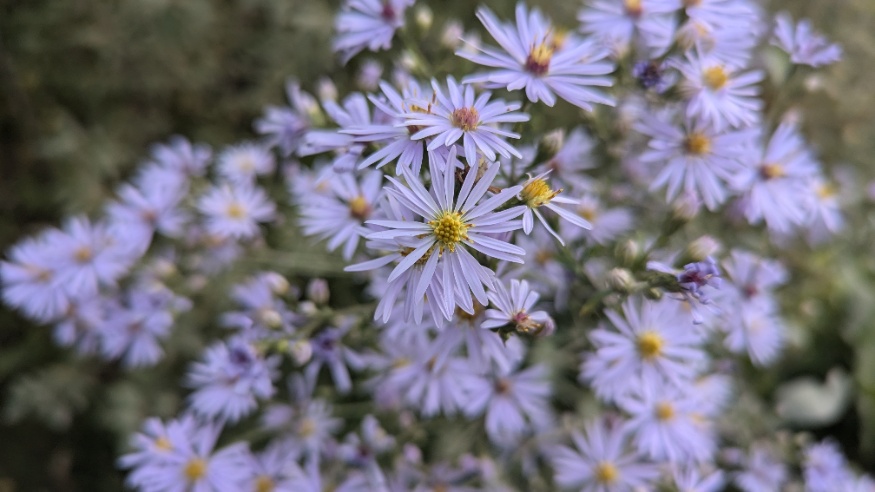Eastern Prickly Gooseberry
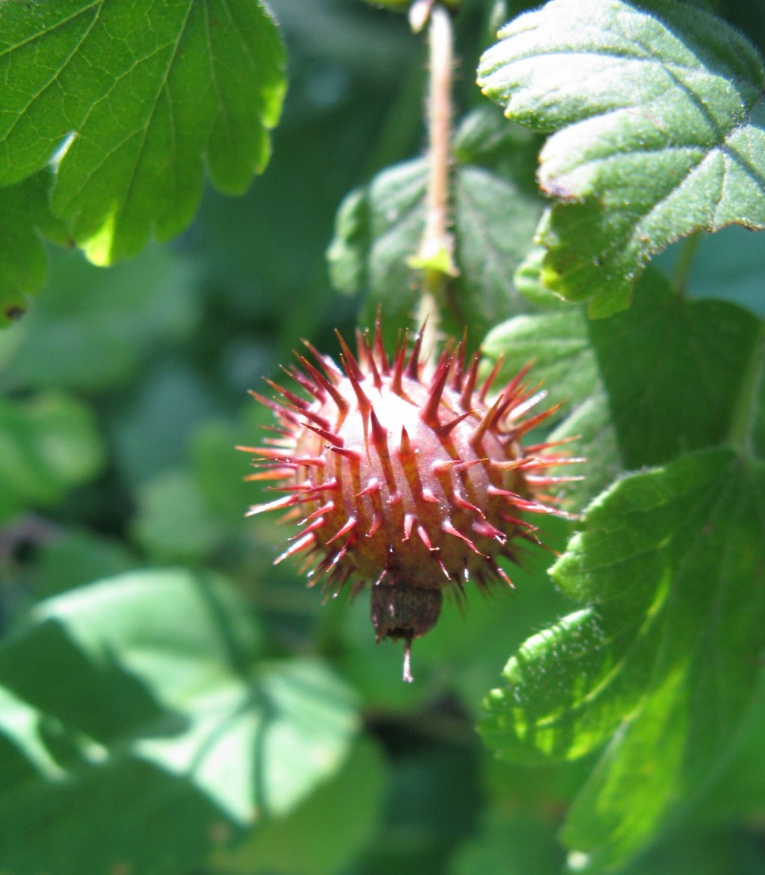
Other Names: wild gooseberry, prickly gooseberry
Family: Grossulariaceae Native to: Eastern North America
Hardy to zone: 2
Natural habitat: swamps & bogs, understory, inner forests, hillsides & uplands, rocky slopes, forest edge
Common uses: naturalized plantings
Light: full sun, partial shade
Soil: moist and fertile, well drained, tolerates heavy clay, ph adaptable, sandy
Reproduction type: monoacious
Eastern prickly gooseberry is a deciduous Shrub native to eastern North America. It has a wide range of habitats including forests, swamps, and rocky outcrops in full sun or part shade. Notably, prickly gooseberry can grow where other gooseberries are not able to. The shrub tolerates a variety of soil weights and ph levels, but prefers well drained soil.
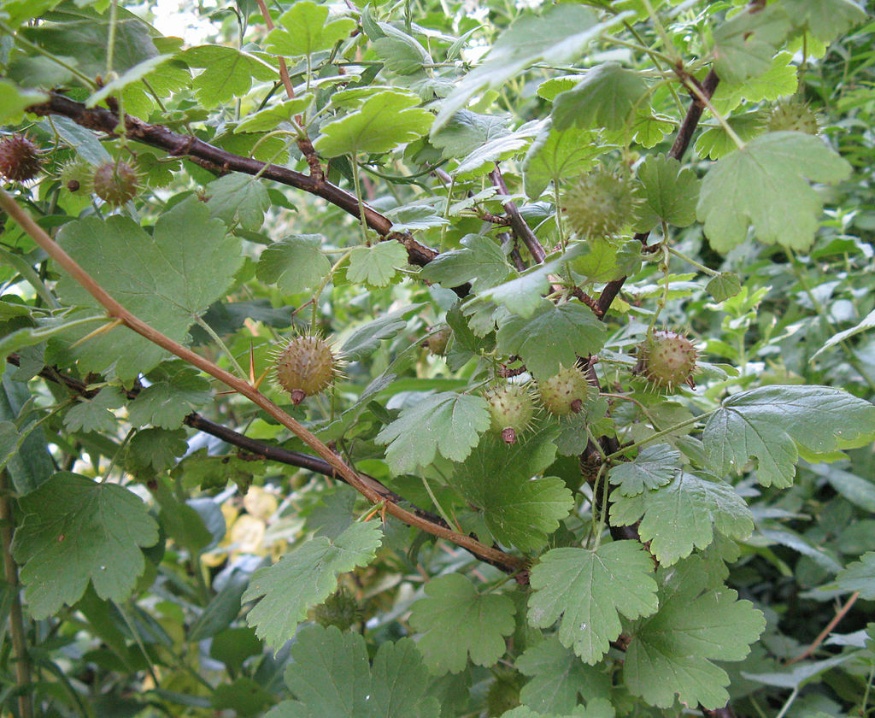
Leaves are alternate, lobed, notched, and can resemble that of mapleleaf viburnum. The colour is dark green above, paler and slightly pubescent beneath. Stems are spiny with long prominent spines under the stem nodes.
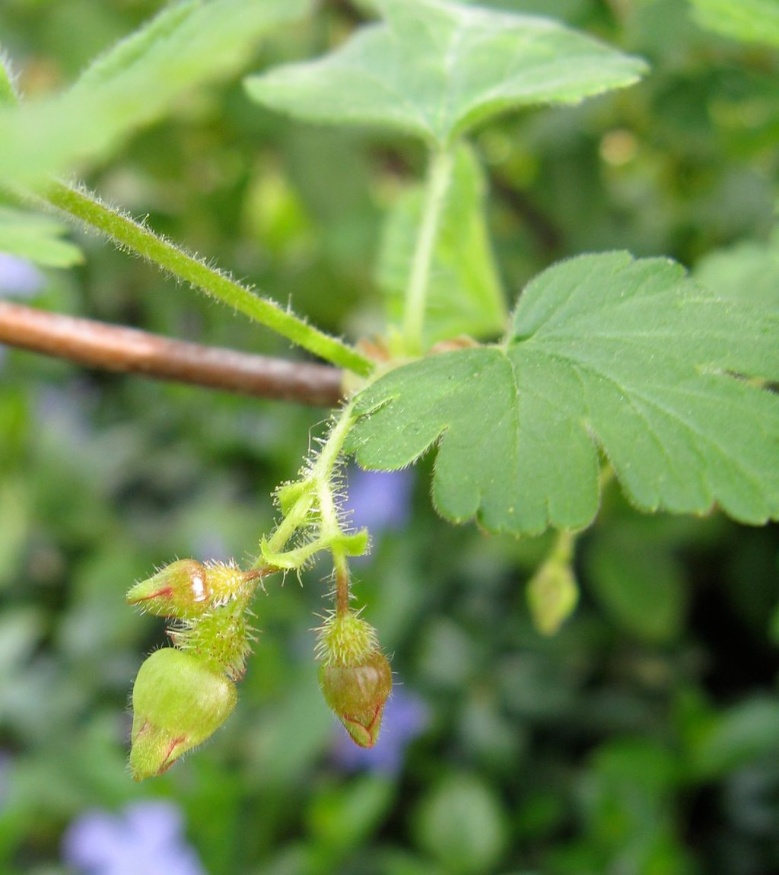
Racemes of pale yellow or white flowers hang in sparse clusters in April. Both male and female flowers are present on the same plant and flowers are pollinated by insects. The fruit is purple to red, juicy and edible when ripe (mid-summer). They can be used raw or cooked in pies, jellies or preserves, however, the tough prickly skin makes gooseberry fruit it less appealing.
References
Canadensys. (2020). Ribes cynosbati. [Data set] Canadensys. Retrieved from https://data.canadensys.net/vascan/name/Ribes%20cynosbatilang=en
MICHIGAN FLORA ONLINE. A. A. Reznicek, E. G. Voss, & B. S. Walters. February 2011. University of Michigan. Web. February 13, 2021. https://michiganflora.net/species.aspx?id=1413.
Natural Resource Conservation Service. (n.d.). Ribes cynosbati L. Retrieved from https://plants.usda.gov/core/profile?symbol=RICY
Plants For A Future. (n.d.). Ribes cynosbati - L. Retrieved from https://pfaf.org/user/Plant.aspx?LatinName=Ribes+cynosbati
University of Wisconsin Herbarium. (n.d.). Ribes cynosbati L.. Retrieved from https://www.uwgb.edu/biodiversity/herbarium/shrubs/ribcyn01.htm
Virginia Tech Dept. of Forest Resources and Environmental Conservation. (2021). prickly gooseberry Grossulariaceae Ribes cynosbati L. Retrieved from https://dendro.cnre.vt.edu/dendrology/syllabus/factsheet.cfm?ID=1112
